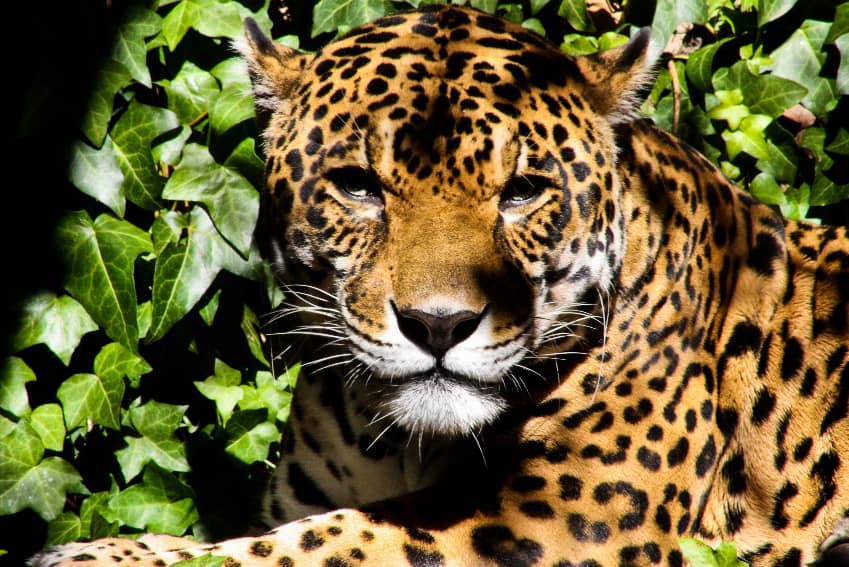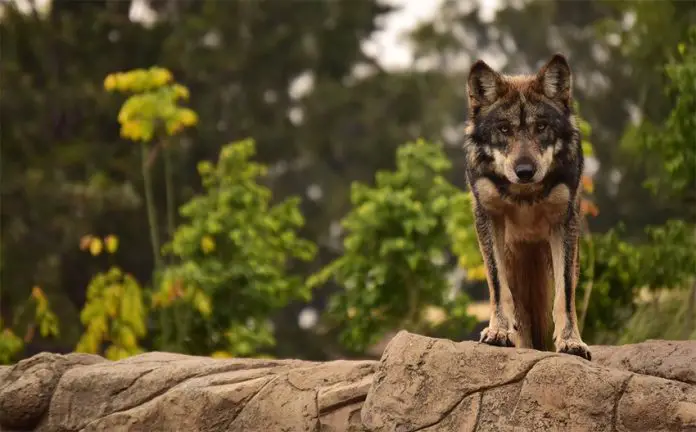On the verge of extinction in the 1970s, seven Mexican wolves – believed to be the last of their kind – were captured and placed into a captive breeding program shortly before the species was declared “probably extinct” in the wild. Today, the “frozen zoo” in Mexico City’s Chapultepec Zoo plays a vital role in the conservation of the Mexican wolf.
Founded in 2010, the project’s official name is the Laboratory of Conservation Genetics and Biobank of Tissues and Germplasm. It stores 2,400 samples of 85 different species of animals in frozen liquid nitrogen and is one of Latin America’s first such genetic banks, as well as Mexico’s largest.

The bank has laboratories to acquire, process, and preserve cells frozen at lower than -190 degrees Celsius (-374 F), at which temperature the vital functions of the cells are diminished, and can be kept in suspended animation for a long time. Also stored in the frozen zoo are biomaterials such as gametes (sperm and ovarian tissue), embryos, biological tissues, and blood.
Among the DNA samples kept in the genetic bank are those of giant pandas, Mexican wolves, jaguars and bighorn sheep. These samples have already been used for reproduction programs for endangered animals, and it is hoped that in coming years, it could also be used to restore endangered or extinct species.
In 2014, Chapultepec Zoo made the first successful artificial insemination of a Mexican wolf using only materials stored in the bank. Currently, the frozen zoo has 700 different samples of male and female wolves, taken from the United States-Mexico Binational Program for the Recovery of the Mexican Wolf.
A release program in the southwestern United States has led to a wild population estimated at around 200 wolves, while reintroduction efforts in northern Mexico have been less successful, with approximately 40 thought to be living in the wild in Chihuahua and Sonora.

To commemorate International Wolf Day on Sunday, the Environment Ministry (Sedema) highlighted the role played by the frozen zoo in the recovery of the species.
“Thanks to these efforts, this species was reclassified from probably extinct in the wild to endangered,” Sedema wrote on Twitter.
The frozen zoo was also successful in thawing giant panda semen and transferring bighorn sheep embryos.
In July, Chapultepec Zoo celebrated its 100th anniversary and its current role as a center of wildlife conservation through its extensive breeding, conservation, education, and research programs.
